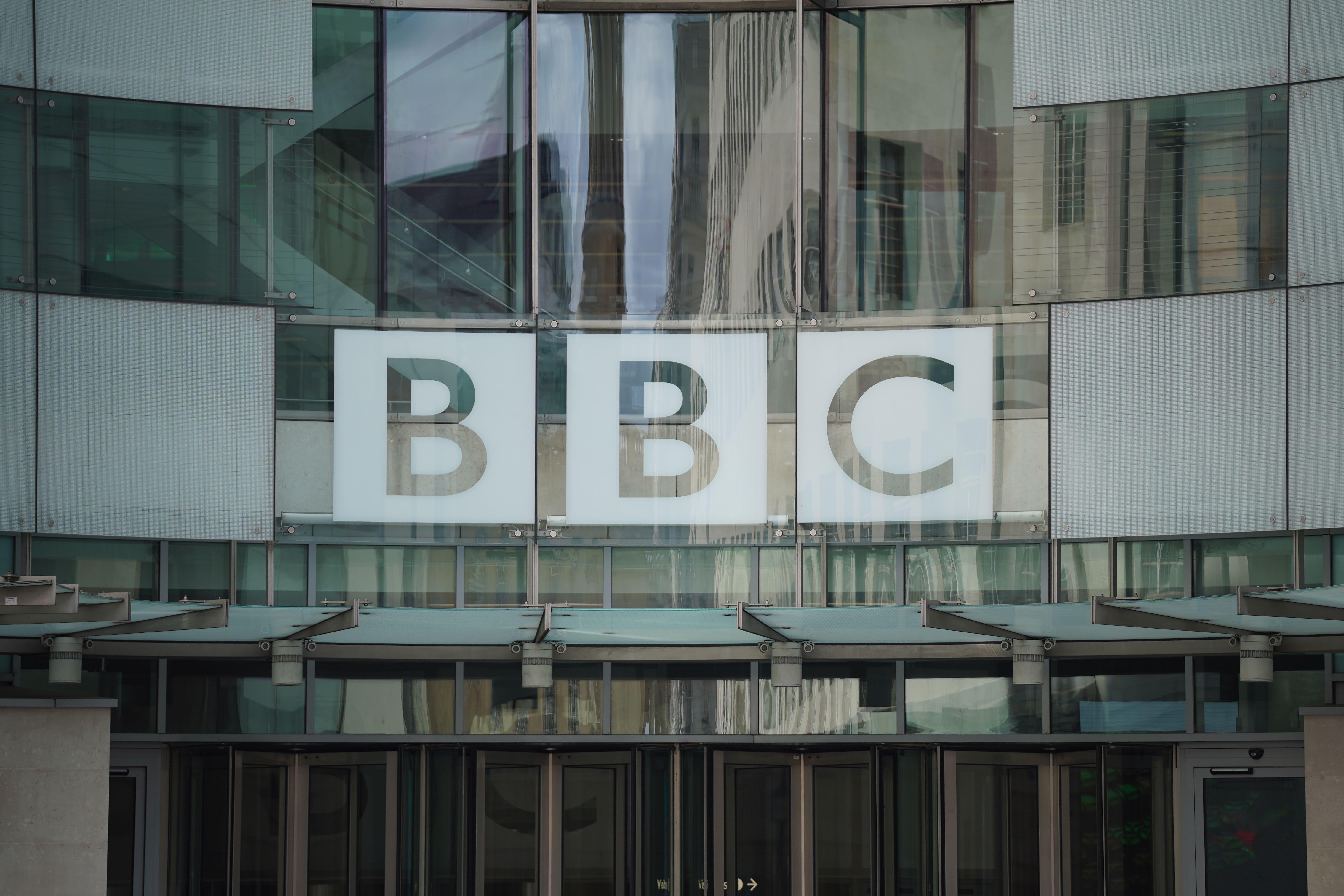Culture secretary accuses BBC of bias in awkward clash over Ofcom crackdown
Labour have accused the Tories of ‘attacking and undermining’ the BBC ‘every chance they get’
The culture secretary has accused the BBC of bias amid plans for Ofcom’s reach over the broadcaster to be extended.
Lucy Frazer said she believed the broadcaster had been biased “on occasion”, as she discussed a potential move for media regulator Ofcom to have more powers over the BBC News website.
But, in an awkward exchange during an interview with Sky News, Ms Frazer visibly struggled to give examples. She then pointed to BBC coverage of the bombing of a hospital in Gaza, when an on-air correspondent speculated that the explosion might be caused by an Israeli airstrike; the BBC later apologised for that speculation.
Pushed on the example of the hospital attack, Sky News present Kay Burley said to Ms Frazer: “There’s a difference between mistake and bias, surely?”

The culture secretary replied: “What’s important about the BBC is that it’s funded by the public, so the perception of audiences of the public are important.”
Mr Frazer also refused to say which other broadcasters she believed might be impartial, saying they were in “totally different positions” from the publicly funded corporation.
She was also forced to deny that the Conservative government was pursuing an agenda against the BBC.
Meanwhile, the minister later addressed concerns about GB News’s impartiality, after Amol Rajan, a presenter on BBC Radio 4’s Today programme, asked about serving MPs presenting shows on the channel.
Ms Frazer replied: “As you will know, a broadcaster has to be impartial over the spectrum of what it broadcasts, so I’ve listened to your news this morning and you’ve expressed this mid-term review in different ways across the programme this morning, sometimes putting the government’s perspective, sometimes putting the BBC’s perspective.”
She added: “There is a balance across the spectrum in relation to GB News, which isn’t regulated by the government.”

No 10 later denied having an anti-BBC agenda and declined to say whether Mr Sunak thought the corporation had shown bias in its news coverage.
Asked whether the government was pursuing an agenda against the BBC with the new Ofcom powers, the prime minister’s official spokesperson said: “No … this is rightly about ensuring the BBC is able to continue to thrive long into the future.”
The mid-term review states that impartiality “continues to be an ongoing issue for audiences” and that complaints about the BBC’s objectivity make up “the majority of complaints about the BBC’s editorial content”.
The government said its recommendations are expected to be implemented in a timely manner, following talks with the BBC and Ofcom.
Ofcom, which has authority over TV, radio and video-on-demand services through the broadcasting code, has also been given a new legally binding responsibility to review more of the BBC’s complaints decisions.
Labour’s shadow culture secretary Thangam Debbonaire criticised Ms Fraser’s remarks, posting on X: “Just the latest in a long line of secretaries of state for culture wars.”
She added: “Attacking and undermining one of our greatest institutions at every chance they get. Instead of using it as a punching bag the government should be supporting the BBC to create wealth, jobs and joy.”
The Liberal Democrat culture spokesperson Jamie Stone said the culture secretary “clearly spends more time focusing on culture wars rather than supporting the BBC to provide the fantastic services it delivers”.
A BBC spokesperson said: “No other organisation takes its commitment to impartiality more seriously.
“We have well-established and detailed plans to sustain and further improve standards. We know this matters to audiences and the BBC continues to be the number one source for trusted news, with the highest scores for impartiality and accuracy.”
Join our commenting forum
Join thought-provoking conversations, follow other Independent readers and see their replies
Comments
Bookmark popover
Removed from bookmarks